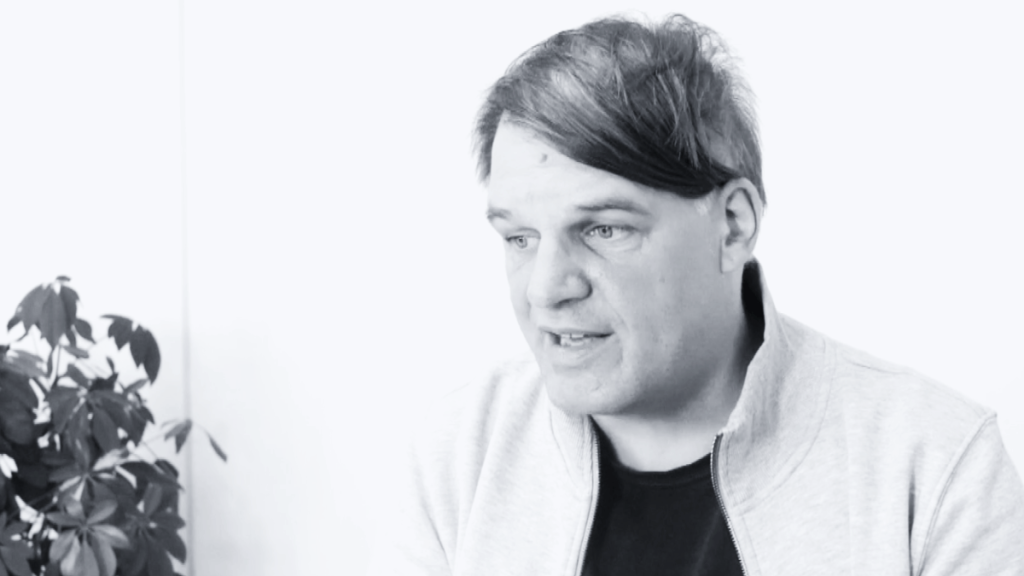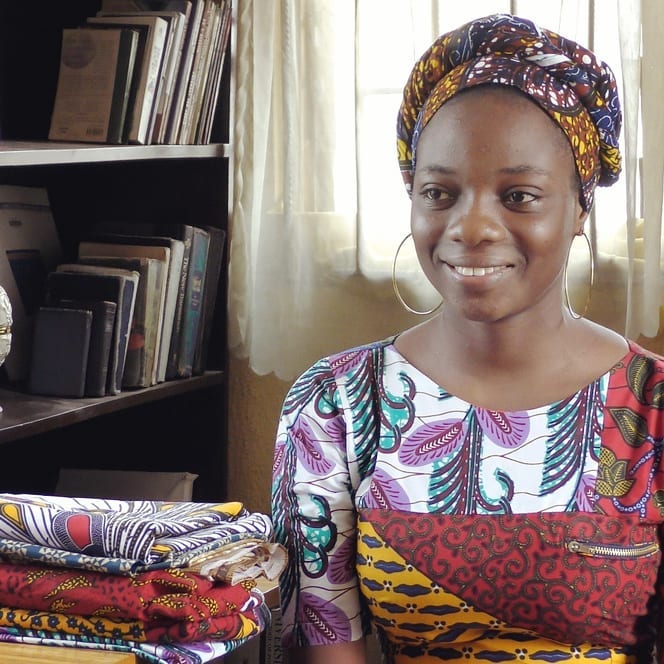After researching and speaking with several experts about the economic challenges in Nigeria, some of my findings kept directing me back towards Europe. Nigeria has a shared history with Europe which is often overlooked. Growing up in Nigeria, my generation hardly learned much about our pre-slavery history. But we also learned nothing about how the colonial or pre-colonial times have impacted the current status quo in the nation.
Many have said, well, these things happen in the past, move on! But how do you learn from the past that you do not know about? It would be absurd to assume that Europe fell from the sky with all its industrial advancement without tracing the history that made it possible.
I met with the German political scientist and social activist Olaf Bernau to explore further, from a European perspective, the mechanism of colonialization and how it is being reinvented. Many African experts have made this point clear long ago.
Olaf says that “In pre-colonial Africa, there was a political system of different kinds. There were great empires. There were great kingdoms in today’s Sahel countries, some of which were larger than the countries today. But everything that existed before the colonial rule is generally not seen at all in Europe”.
Voices Uprising. More about the film is available here >
Joadre: Some people argue that today’s status quo in many African economies has no connection to its experience in pre-colonial and colonial history. How do you see this?
Olaf: You can often hear today that Africans should no longer rest on their laurels in colonial times. The colonial era is over. It’s 60 years, 70 years in the past. And today’s African problems can no longer be explained by the colonial era. That’s actually totally absurd. It would be like that if you said today anyway, the industrial nation of Germany has nothing to do with the industrialization of the 19th century. Of course, the past has to do with the present. Germany is industrially strong because there was industrialization in the 19th century. And many African countries have very little industry because colonialism expressly prevented African countries from becoming industrialized.
Joadre: From your perspective as a European political scientist, what hinders industrial development in Nigeria?
Olaf: After independence, you basically had the kind of rulership which was very centralized rulership, very despotic. Rule without checks and balances, as implemented by the colonial powers. This type of rule was then basically continued by the elites after independence. Of course, this has been adjusted a bit. It wasn’t exactly the same. But there’s a very strong continuity between colonial times and independence. Unfortunately, there is very little continuity between pre-colonial times and independence. And that basically caused disorientation and also caused the defunctionalization that persists to this day.
Of course, industrialization would have been possible after independence, especially in Nigeria, with its high income from oil exports, but that didn’t happen. It didn’t happen because the European elite didn’t want it, but at some point, it didn’t happen because the Nigerian elite didn’t want to. We have to speak critically about Europe. We have to speak critically about the African elite. We have to discuss critically, their collaboration, because what the African elite do is often also in the interests of the European elite. They promote it, they stabilize it and are often interested in the fact that things are going exactly the way they are going.
About Olaf Bernau:
Olaf Bernau is an activist and sociologist and has since served in different roles as co-founder of a city commune in Bremen, in the anti-racist network “NoLager”, and cofounded the transnational network Afrique-Europe-Interact in 2010. He spends about 4 to 8 weeks yearly in West Africa, especially in Mali and regularly publishes in magazines. He is the author of the 2022 released book titled “The causes of flight in West Africa and what Europe should do”.
Joadre: What has been the economic impact of slavery in Africa?
Olaf: With slavery, a process started, and this is the discrepancy in development between today’s African countries and today’s European ones. Because the slave trade was a hefty profit for the European side. They not only made a profit there, but they invested the profits in their incipient industrialization, which has led to Europe being able to industrialize and become more and more powerful. Conversely, the slave trade, from the African perspective, has totally blocked economic development in many African regions that were affected by the slave trade. The entire economy was totally paralyzed for literally two, three, four hundred years.
And that was an incredibly destructive force, not in the phase of a 5-year war or something, but a destructive force over two, three hundred years. And exactly in parallel, complementarily, Europe, precisely at this time, has made itself stronger and stronger. When slavery ended, and colonialism continued uninterruptedly, there were raw materials, mineral raw materials, and agricultural raw materials and this basic structure, which arose in slavery, was deepened in colonialism and was never dissolved after independence. At the end of colonialism, the then-created economic structure still exists today, namely the economic structure that the African countries actually should only export raw materials and resources.
Voices Uprising. More about the film is available here >
Joadre: You say that there are new measures in place, such as financial instruments used to uphold the status quo from pre-colonial times till date. Can you enlighten us about this?
Olaf: There were these structural adjustment programs from the west. The structural adjustment programs have basically taken the same logic as those that existed in slavery, that already existed in colonialism, it applies the same logic with modern financial instruments. And that in the affected countries caused upheavals, social upheavals that are still noticeable today on very different levels. Poverty rates have exploded and once people have been made poor, sometimes it’s not quite easy to get back on your feet.
Within the whole free trade negotiations, Europe conducted, in their own interest politics, a tough-as-nails politics. And really partially put the gun on the chest of African countries. Threatening that if you don’t comply, we will take this and these measures. Then we will no longer allow your product to the European market, or we will increase taxes. They also work with very different means. We will issue far fewer visas, and your people can get to Europe even worse and more difficult than is the case today. So there is a very broad range of instruments that Europe is plays with. And far too little is known about it in the public. And that’s why I think or say these two things. Europe must finally give up and stop a lot of things. That alone would help a lot if Europe stopped doing certain things.
Joadre: What solutions must be pursued now to create a fair global balance for many African nations?
Olaf: The west does not have the solution for these multiple crisis. The solution actually lies there on the ground in Africa. But the west must be ready to say that we have now benefited for several centuries, in this process in which we have benefited, we are also largely responsible for these multiple crisis. And then you can talk specifically about what the European government should do now, or what they shouldn’t do so that the countries can get back on their feet anyway.
Thank you, Olaf for your insight and time. Olaf Berna is one of the protagonists in the film Voices Uprising. More about the film is available here >
Connect with us, and get our app.
We created our one-stop digital incubator app to bridge knowledge and service discrepancies for African students and Savvy entrepreneurs looking to start a business. Get the app (Android version) here. For IOS users, a web app is available here at https://tribe.joadre.com. Sign up for our newsletter here to get consistent resources via email. If you want to contact us, use our contact form or consult us through the app.
Thank you for reading to the end.
Cheers
Joadre





